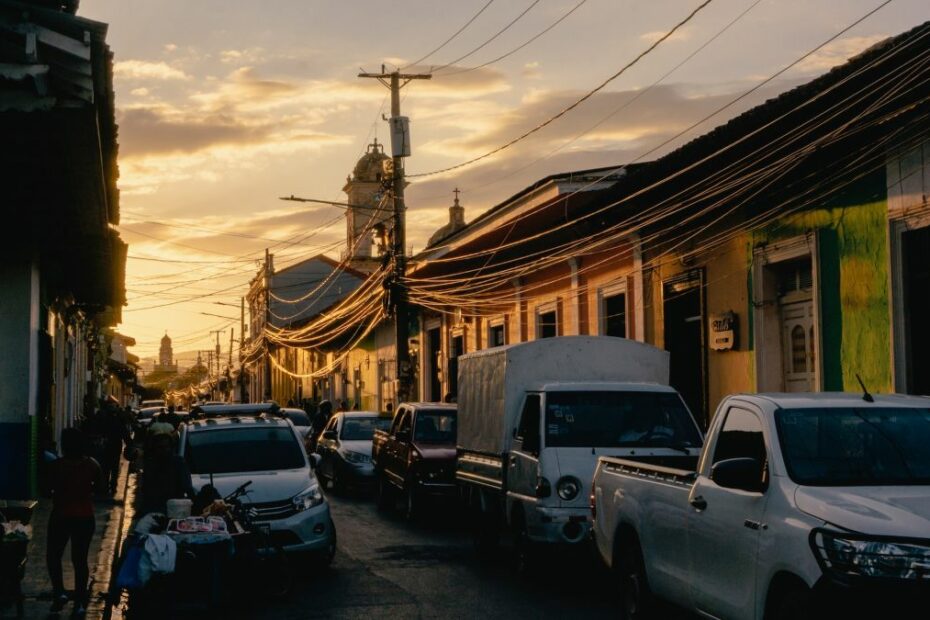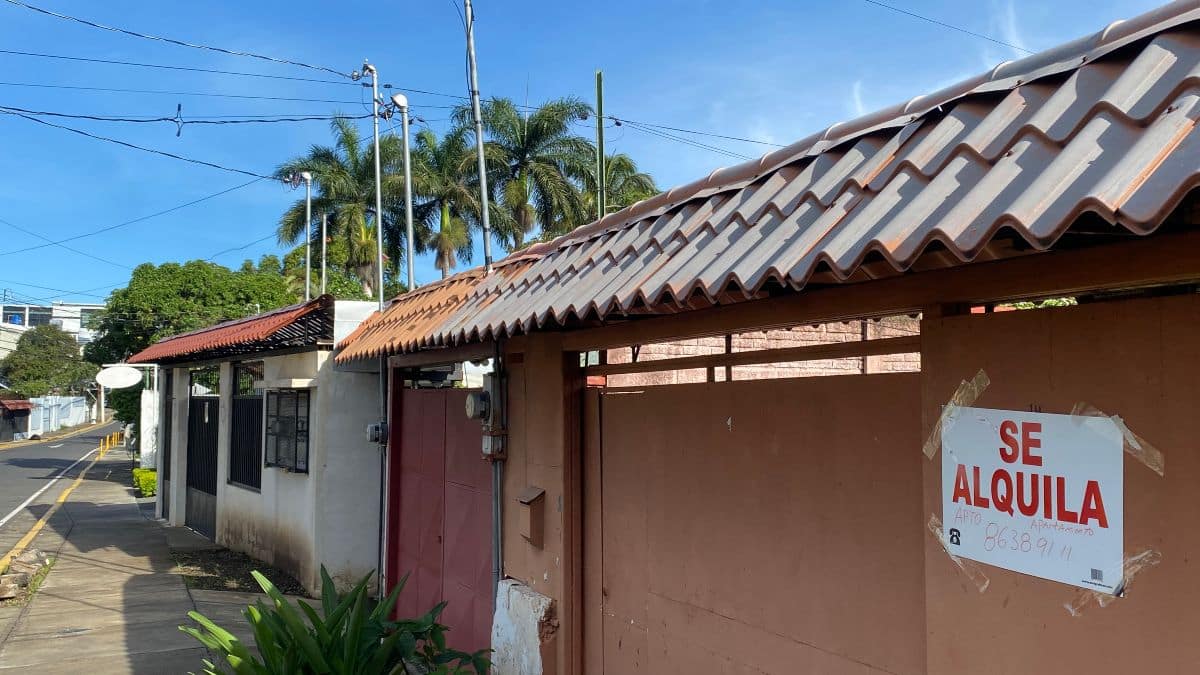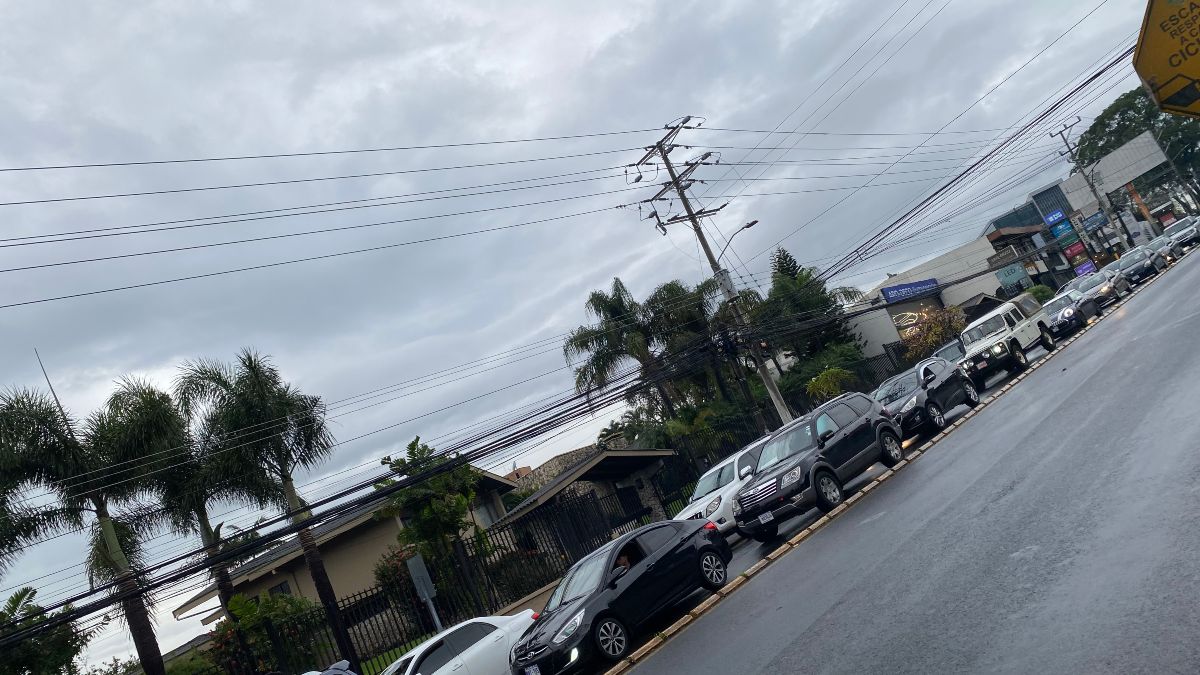Are you an expat without residency yet, but interested in buying a car in Nicaragua? It’s not as easy as you might think…
Buying a car in Nicaragua is a big decision for an expat. Like buying property, the purchase of a vehicle tends to signify that you’re serious about staying and settling down roots. But what used to be a luxury is becoming the norm for many. More expats who move to Nicaragua are buying cars or motorcycles, even though the law says a foreigner cannot do so without residency. Well – you can certainly buy a vehicle, you just can’t register it in your name. In this article we’ll explain what many foreigners without residency do.
We’re not going to debate the rights, wrongs, or legalities. We’re just here to say what the situation is, and how people get around this issue if they’re waiting for residency or don’t have any interest in obtaining residency.
Finding a car in Nicaragua
The process of seeking car sellers in Nicaragua is the same elsewhere. For example, in the U.S. or Canada, buyers hire mechanics for car inspection and look for a vehicle history report before they buy a used car. That’s much the same here, and there are companies and individuals that can help you – two guys that everyone seems to rate on the Nicaragua expat groups are Richard Morales and Walter Christiam. Both these guys were active before the pandemic, so check around to see if they’re still able to help; the Expats in Nicaragua Facebook group is a good place to ask. In your home country, for example, say, in Canada, you will need car history reports when purchasing used vehicles. Companies like CARFAX Canada provide these documents to help car buyers make more informed decisions. Nothing like that really exists in Nicaragua outside of individuals like Richard and Walter providing a similar kind of service.
Once you’ve found a car you like, if you don’t have residency, you’ll need to read on…
Nicaraguan citizens can buy an unlimited number of vehicles, and some will put a foreigner’s car or motorcycle in their own name. For example, our car was in the name of a woman we never met, and my husband’s motorcycle was in the name of our house cleaner. The title, insurance, and registration were all in these people’s name. If ever questioned by the police, we were “borrowing our friend’s car.”
Some entrepreneurial Nicaraguans have started businesses buying vehicles for expats – we mentioned a couple of them above. The more reputable of these businesses will have you fill out a separate title in your name with an attorney. This is separate from the title with the Nicaraguan “owner’s” name you keep in your car. It safeguards you against the Nicaraguan “owner” later claiming the car is theirs. Also, you can use this title – called the carta de venta or escritura – when you sell the car.
Another option is to set up a corporation in Nicaragua. Then you can have the corporation buy the car and you, as the owner of the corporation, can legally drive in your name. The issue here is that it takes a while to set up a corporation – at least 30 to 60 days – and it’s also not cheap. You’ll be dropping at least $1,000 to set it up, plus lawyers fees, plus an accountant to file taxes on your behalf and so on. If you’re in Nicaragua for the long term, it might be worth doing. But then, if you’re in Nicaragua for the long term, you might as well just get residency. Then you can buy your vehicle and register it in your name normally.
Buying a car in Nicaragua ain’t cheap
There’s always the desire to save money and buy something cheaper, but if you spend less than $10,000 you should expect mechanical issues. Good mechanics can be difficult to find, and often when you do, they are not in the same town as you. Parts can be hard to find and again—expensive.
A minimum of $12,000 to $15,000 can get you something sound with functioning A/C. Toyotas are preferable to buy. Nicaraguan mechanics are familiar with Toyota engines, especially diesel ones, and Toyota parts are easier to find. Like anywhere, having a car in Nicaragua gives you the freedom to go anywhere at any time. Whether it’s doing the school run, volunteering, going to the beach, or exploring – having a vehicle is easier.
You also have the ability to live further afield
In San Juan del Sur, downtown can be loud with the many festivities and late-night bars. Outside of town is far more peaceful. Plus, the surfing beaches are further out of town—a major reason for living in San Juan del Sur in the first place.
Not every expat has the budget to buy a vehicle, but for those that do, it’s comforting to know professionals are around to help them. For many, residency is not an option. We can live a normal life in Nicaragua thanks to being able to own a car.




